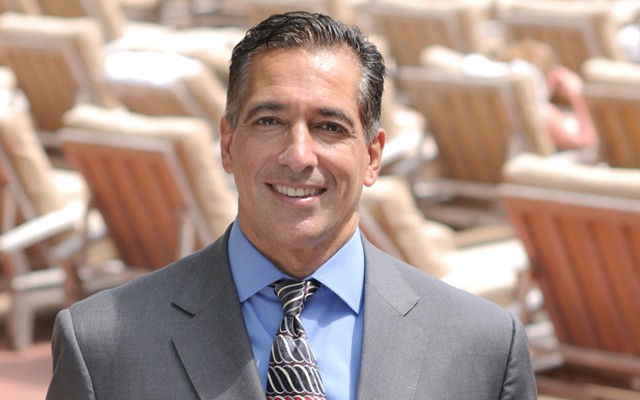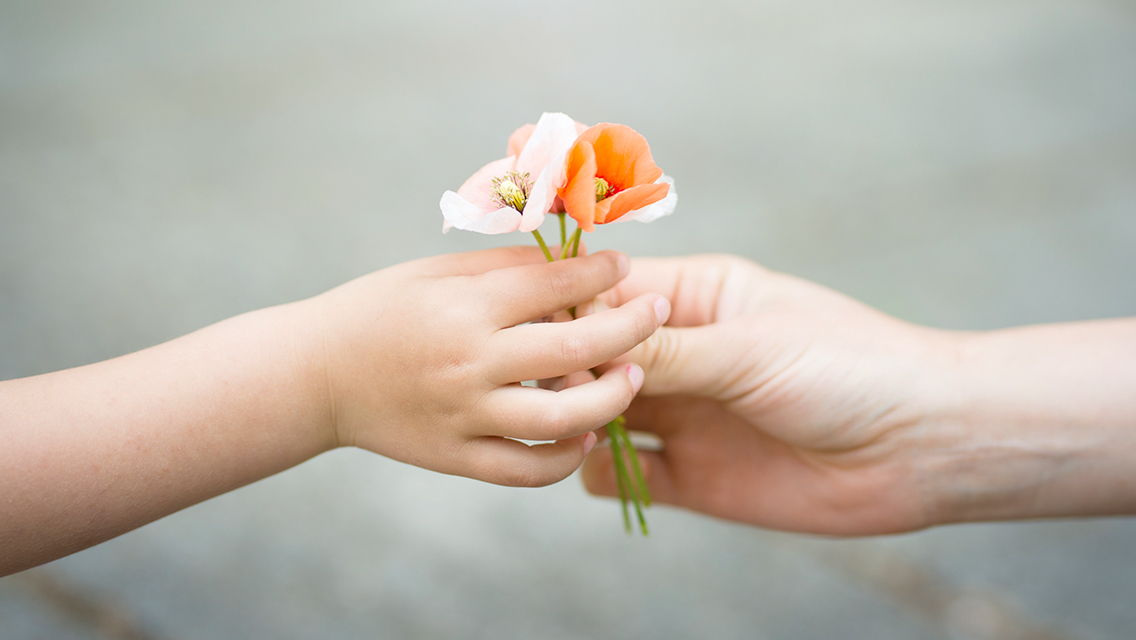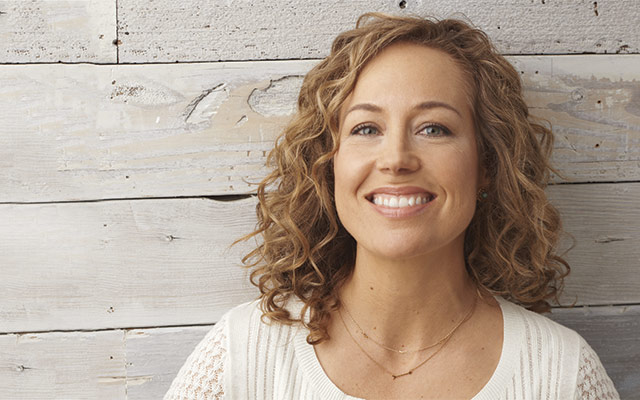You know one of the best parts of being human? Every day, every interaction gives us new opportunities to choose between negativity and positivity, between knee-jerk reactivity and conscious response.
I was reminded of this recently during a working meal with a group of colleagues that didn’t go quite as planned. The young server who was tending to our group was obviously having “one of those days.”
She may have been new to the job, or just overwhelmed by the demands of too many tables at once. She may have been distracted by a personal issue, or just not feeling well. For whatever reason, this poor gal just wasn’t entirely on her game.
She forgot to bring me silverware (I amused my guests by eating salad with my fingers), and she missed or confused a number of items in our order. It was a fairly disjointed dining experience.
I could easily have gotten irritated and minimized her tip. But that would have only made me feel mean and added more fuel to the fire. Instead, I decided to see it as an opportunity for conscious kindness, and to tip her double instead.
The truth was, I didn’t know this person’s circumstances, struggles, or ambitions. I didn’t know what had happened in her day prior to her arrival at our table, or what reality she would face when she went home.
So rather than making her feel worse, I chose to do what I could to make her day a little better.
And you know what? I think I got more satisfaction out of that meal than I would have if the service had been flawless.
Every day, we have a thousand opportunities to be kind to others — or not. And unless we make a conscious effort, we’re unlikely to seize even a tiny fraction of those chances, or use them to full advantage.
All too often, we miss our do-good opportunities because we are simply too busy and distracted to notice them.
All too often, we miss our do-good opportunities because we are simply too busy and distracted to notice them.
We have our heads wrapped up in our devices and our lists of things to do. We talk on the phone while paying for our morning coffee rather than making eye contact with the barista who is handing us our drink. We speed up in traffic to get ahead rather than slowing down to let another driver merge. We forget to say thank you to our spouse for taking out the trash — even when it was really our turn.
We’re so involved in our own schedules and priorities, we miss the little moments that have the potential to make a big difference in someone else’s day, and our own.
As noted in our feature “The Power of Kindness”, scientific research is now demonstrating that thoughtfulness toward others is not a one-way street. When we offer compassion and consideration, the benefits circle right back to us.
Kindness not only boosts our mood, it also has a positive effect on our health. It’s akin to what’s known as the helper’s high, that feel-good rush of endorphins that has been shown to reduce stress and improve mood in those who invest time in volunteering and other good causes.
The best part: Acts of kindness tend to have a snowball effect. One kind gesture inspires another, creating a fun “pay it forward” effect. That mindset is its own reward, enticing us to be less self-obsessed and less inclined toward frustration or melancholy.
The opposite is also true: Being rude, impatient, or tense breeds more of those emotions. The more entitled and adversarial we feel, the more likely we are to trigger those same feelings in others. Instead of paying it forward, we inadvertently extract an emotional price from people who make the mistake of “getting in our way” — whether at work, at home, on the road, or at a busy restaurant.
Here’s a fun experiment to try: Walk into your workplace or another situation where you tend to be busy, grumpy, or stressed out. Instead of barging into the space with “outta my way!” energy, enter thoughtfully, and give the first people you see a smile, a pat on the back, or a word of encouragement. You might be surprised by how little it takes to create a positive shift.
Keep running this experiment, slowing down a few times a day to notice even one or two conscious-kindness opportunities in your own life. Notice, and then act. I promise you, the feeling you’ll get in return will be far more rewarding than checking one more item off your to-do list.




This Post Has 0 Comments